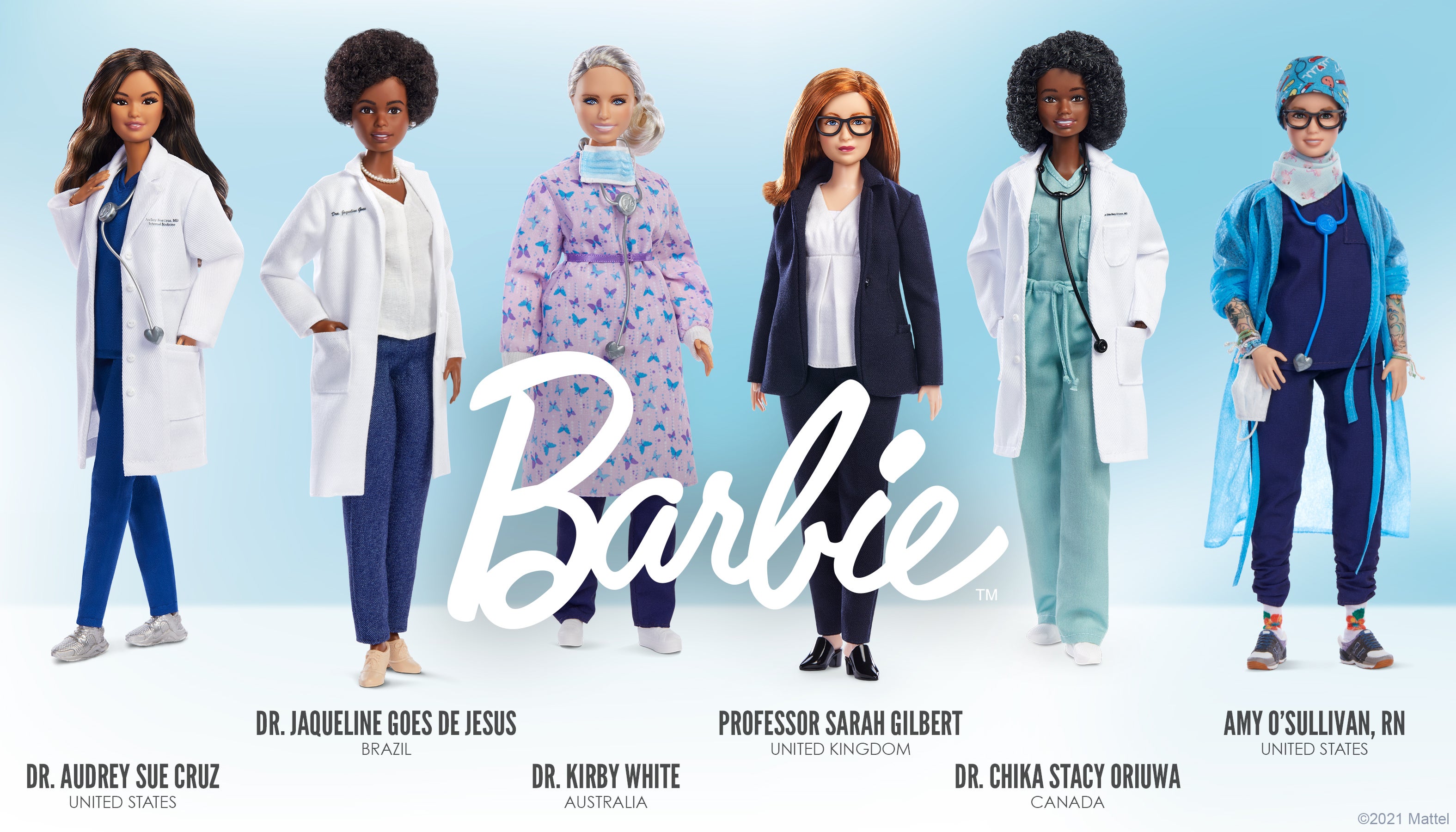Barbie launches doll of scientist Sarah Gilbert who created coronavirus vaccine
‘My wish is that my doll will show children careers they may not be aware of, like a vaccinologist,’ says Dame Gilbert
Your support helps us to tell the story
This election is still a dead heat, according to most polls. In a fight with such wafer-thin margins, we need reporters on the ground talking to the people Trump and Harris are courting. Your support allows us to keep sending journalists to the story.
The Independent is trusted by 27 million Americans from across the entire political spectrum every month. Unlike many other quality news outlets, we choose not to lock you out of our reporting and analysis with paywalls. But quality journalism must still be paid for.
Help us keep bring these critical stories to light. Your support makes all the difference.
Barbie producer Mattel has created a doll in the likeness of the scientist who designed the Oxford coronavirus vaccine: Professor Dame Sarah Gilbert.
Professor Gilbert started working on creating a jab in early 2020 when Covid-19 was first reported to be spreading in China.
The vaccine she designed, the Oxford-AstraZeneca jab, has now been used in more than 170 countries, making it the most widely used in the world.
The doll depicts Professor Gilbert wearing a black trouser suit with a white shirt and glasses.
“My wish is that my doll will show children careers they may not be aware of, like a vaccinologist,” she said.
Professor Gilbert’s doll is one of six Barbie dolls that Mattel has created to honour female “Covid heroes” working in science, technology, engineering and maths (STEM).

They include Brazilian biomedical researcher Dr Jaqueline Goes De Jesus and Australian doctor Dr Kirby White, who created a reusable gown for health workers.
Also included are frontline worker from Las Vegas Dr Audrey Sue Cruz, psychiatrist Dr Chika Stacy Oriuwa, and American emergency room nurse Amy O’Sullivan.
“I am passionate about inspiring the next generation of girls into Stem careers and hope that children who see my Barbie will realise how vital careers in science are to help the world around us,” said Professor Gilbert.
The new STEM dolls come after Barbie has undergone an image makeover by releasing several ranges of dolls aimed at diversifying its line-up.
Last year, Mattel launched a new line of dolls aimed at showcasing “a multi-dimensional view of beauty” and “represent global diversity and inclusivity”.
The new additions, which were released throughout 2020, included a Barbie with no hair and the skin condition vitiligo.
Mattel said that it aimed to “redefine what it means to be a Barbie or look like Barbie” with the launch of its new doll with vitiligo, adding that it will allow children to “play out even more stories they see in the world around them”.

Join our commenting forum
Join thought-provoking conversations, follow other Independent readers and see their replies
Comments